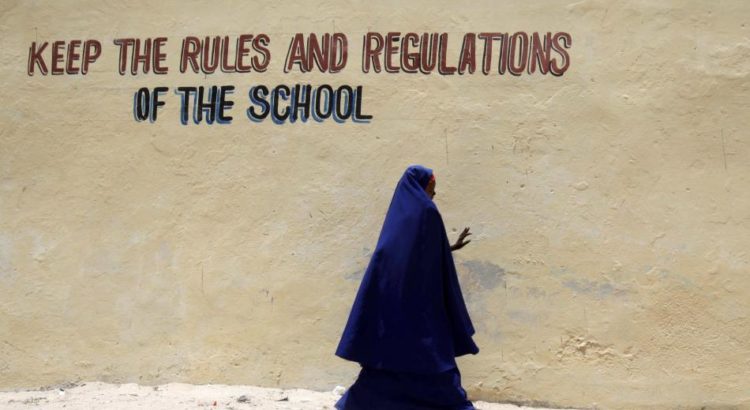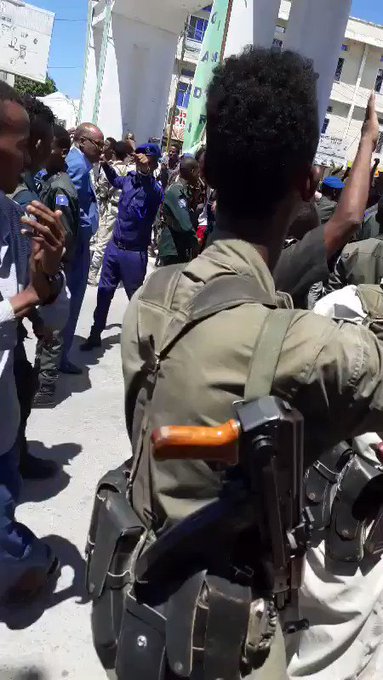Africa/ Somalia/ 28.05.2019/ Source:
African nations have increasingly taken to blocking social media access during protests and contentious elections. Now, Somalia is doing the same—to stop students cheating.
The government has announced it will shut down social media during upcoming national high school exams after officials at the ministry of education discovered papers were being sold and shared on social media platforms. Education cabinet secretary Abdullahi Godah Barre canceled tests that began last Saturday (May 11), postponing them to May 27 through May 31.
“During those five days, no social media outlet will function in the country,” Abdullahi said (link in Somali) during a broadcast on state television. Abdullahi didn’t specify which platforms were used to share the papers and which ones will be blocked.
The decision to delay the exams has sparked nationwide protests. The rescheduling will affect over 31,000 students across the Horn of Africa nation, which is struggling to rebuild (pdf) its education system after decades of war. Unqualified teachers, multiple curricula in different regions, and limited financial and technical resources are among the challenges, with many of the primary and secondary schools in the country managed by non-state providers.
Cutting off social media access to try control events is a growing trend across Africa. Just this year, DR Congo, Algeria, Sudan, and Benin all cut off connectivity to platforms like Twitter, Facebook, and WhatsApp during crucial elections or anti-government protests. Citizens of Chad, meanwhile, haven’t had access to social networks for over a year. Recent research has shown that internet disruptions in Africa were correlated with authoritarianism, with dictatorships blocking access more than partial or full democratic states.
Mogadishu’s decision isn’t the first time social networks have been blocked in the country. Somaliland, the self-declared republic in northwestern Somalia, also restricted access to social media during its 2017 elections. Activists and entrepreneurs say the move will negatively impact the nation’s nascent but growing tech space.
Amnesty International has dubbed the social media blackout “unjustified,” saying officials were “ridiculous” to block access when they failed on their duty to safeguard exam papers.
“They should instead explore ways to secure the integrity of the exams without resorting to regressive measures that would curtail access to information and freedom of expression,” said Amnesty’s deputy regional director for East Africa, the Horn and the Great Lakes Seif Magango.
Source of the notice: https://qz.com/africa/1619810/somalia-to-block-social-media-during-national-high-school-exams/









 Users Today : 30
Users Today : 30 Total Users : 35460161
Total Users : 35460161 Views Today : 46
Views Today : 46 Total views : 3418829
Total views : 3418829